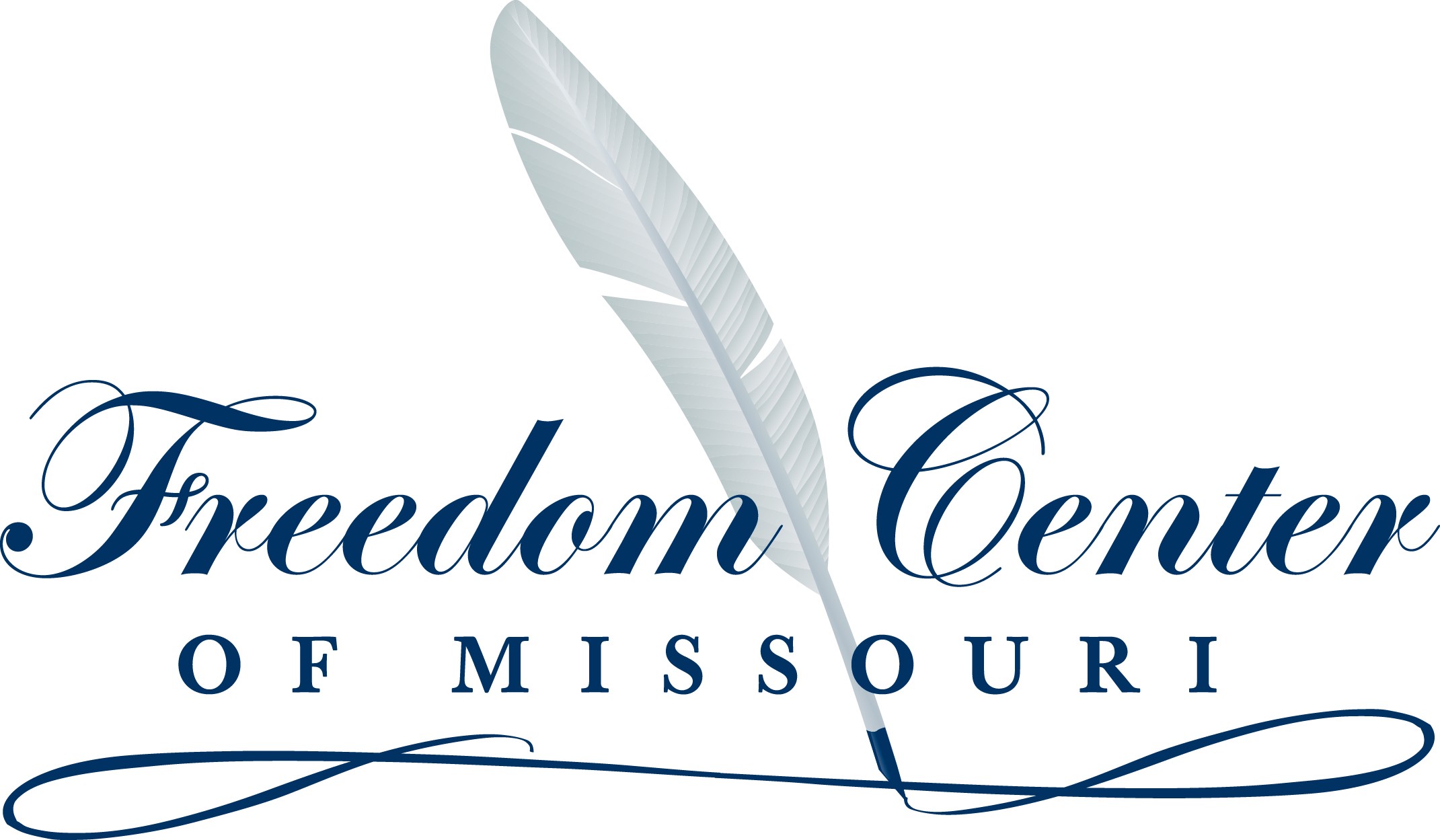Missouri’s Western District Court of Appeals ruled today that the state can make it a criminal offense for non-veterinarians to provide basic animal husbandry services to Missouri’s livestock owners. Noting that the Missouri Veterinary Medical Board had threatened criminal prosecution against a wide range of animal husbandry workers, including those engaged in such common, basic tasks as castrating or dehorning cattle, the court ruled the government may impose criminal penalties if these non-veterinarian workers are paid for their labor, despite long-recognized constitutional rights to earn a living in a common occupation and to enjoy the gains of one’s industry.
The case at issue involved Brooke Gray, a young woman from Clinton County who for nine years has specialized in removing sharp enamel points from horses’ teeth. Non-veterinarians have performed this task for hundreds of years in order to improve horses’ comfort and ability to perform for their owners. Dr. David Leighr, a veterinarian from Kearney, Missouri, claimed that only licensed veterinarians may accept payment for this sort of work and he demanded that the government put Gray out of business. Although no one suggested that Gray has harmed any animals, and although Dr. Leighr admitted that he had personally injured multiple horses while attempting to offer similar services, the Attorney General’s office filed suit and the trial court issued an injunction prohibiting Gray from accepting any money for work she provides for Missouri horse owners.
The Freedom Center of Missouri, a non-profit public interest law firm which represents Gray, appealed her case, arguing that the government’s restrictions deny her constitutional right to earn a living providing basic animal husbandry services and to enjoy financial gain from her otherwise lawful work.
“Article One, Section Two of the Missouri Constitution explicitly guarantees a citizen’s right to enjoy the gains of their own industry. It says that securing this right is the ‘principal office’ of government, and when government does not secure this right, it ‘fails in its chief design,’” said Dave Roland, director of litigation for the Freedom Center. “The Missouri Supreme Court has previously ruled that this provision means that the government cannot deny someone the right to be paid for performing work that would otherwise be perfectly legal. Especially when so many Missourians are already struggling to find jobs, this common-sense principle is as relevant today as it was in 1875 when we added it to our state constitution.”
In an opinion issued today, however, the Western District Court of Appeals disagreed, stating that “the State may constitutionally prohibit Ms. Gray from the gains of her industry for her animal husbandry services.” Although the court made no effort to reconcile its ruling with the text or history of the Missouri Constitution, it ruled that if the government may lawfully prohibit anyone but licensed professionals and those training to be licensed professionals from receiving anything of value for work that falls within the statutory definition, even if the work itself remains perfectly legal.
“The court’s ruling effectively strips the right to enjoy the gains of your own industry clean out of the Missouri Constitution,” Roland said. “What good is a constitutional right if the government can simply declare that it no longer applies?”
Gray was baffled by the court’s decision. “I’m still trying to wrap my head around it. I’m helping horses and horse owners, not hurting them. The court seemed to confirm that literally anyone is lawfully permitted to do this kind of work and that it is the sort of ‘industry’ addressed in the Missouri Constitution. So why is it a criminal offense if a grateful horse owner pays me for doing that work? It just doesn’t make sense.”
The appellate opinion also stated that while the work itself might be legal, it would be illegal for Gray to tell anyone else about her skills – despite the fact that this issue was not raised as part of the appeal. The trial court had concluded that the government was not seeking to prevent Gray from sharing any information about her knowledge and ability, and the trial court expressly declined to include any such prohibition in its injunction.
“The U.S. Supreme Court has made abundantly clear that the government has no power to prevent citizens from sharing truthful information,” Roland explained. “Brooke is very good at what she does and she has every right to tell other people about it, especially when the work that she’s talking about is perfectly legal.”
The Freedom Center of Missouri intends to seek further judicial review of Gray’s case.
“Missouri is home to thousands of workers who have for decades safely and affordably helped farmers and ranchers manage their livestock,” Roland said. “Their services are essential to this state’s animal agriculture industry and both our state and federal constitutions guarantee these folks the right to get paid for their work. We’re going to keep fighting to make sure that those constitutional guarantees have real meaning.”
Founded in November 2010 and headquartered in Mexico, Missouri, the Freedom Center of Missouri is a non-profit, non-partisan organization dedicated to research, litigation, and education in defense of individual liberty and constitutionally limited government. Missouri Veterinary Medical Board v. Gray is the Freedom Center’s second case, and its first focusing primarily on the constitutional right to earn a living in a common occupation. The Freedom Center has posted copies of Veterinary Medical Board letters threatening criminal prosecution against ordinary hired hands, as well as a copy of the deposition testimony of the Board’s executive director at https://mofreedom.org/2011/09/animal-husbandry-on-trial/. Additional information about the Freedom Center’s mission, cases, and activities can be found online at www.mofreedom.org.
